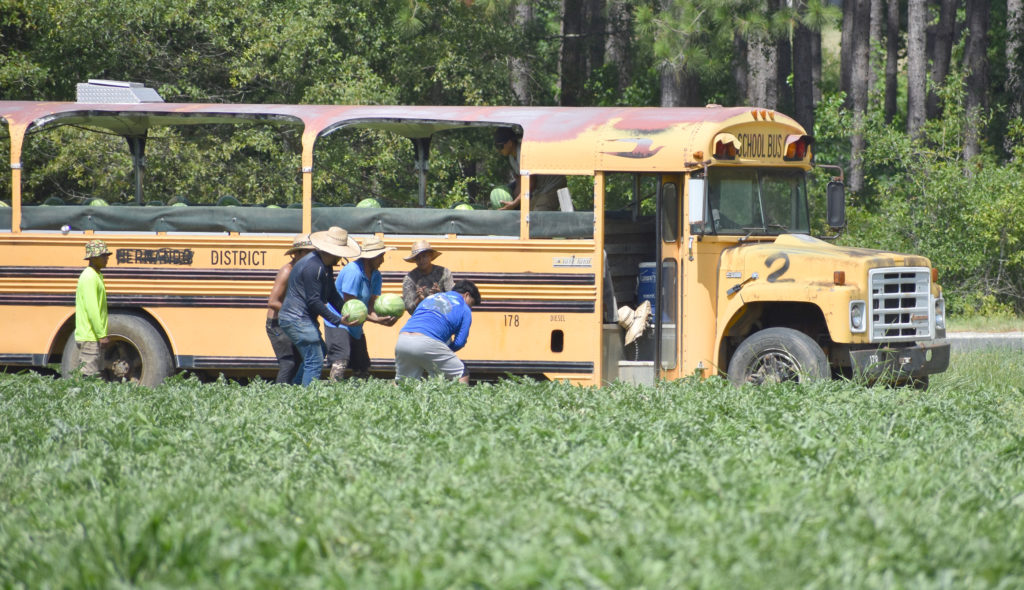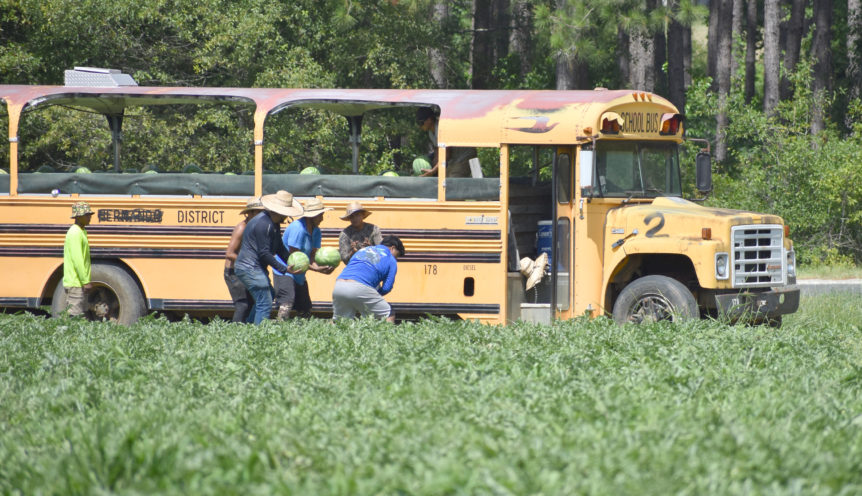
By Clint Thompson
Unionization among farmworkers goes against the Supreme Court ruling and is a basis for the lawsuit against the Department of Labor (DOL) by the Georgia Fruit and Vegetable Growers Association. It also serves as added rationale that the H-2A program needs congressional reform, says Chris Butts, executive director of the Georgia Fruit and Vegetable Growers Association (GFVGA).
“We need Congress to act on it and bring some reform, because I think in the vacuum of that space of long-term reform, it leaves the door open for rules like this that negatively impact the program,” Butts said.
Worker Protection Rules
New “Worker Protection Rules” were implemented by the DOL and are slated to go into effect in late June. The DOL is requiring employers to allow temporary foreign farm workers to form unions, a right not even granted to American farm workers, the GFVGA said.
The new rules will continue to make the H-2A process costly, in some case prohibitively so; and they exceed authority granted to the DOL, while adding more complex regulations to the program, according to the GFVGA press release.
Butts discussed the ramifications if farmworkers were allowed to meet with union leaders on the farm.
“If I’m holding a disciplinary hearing and I’ve got to wait for a possible union representative to come and accompany that employee for that meeting, it’s just a bridge too far in allowing guests, which could be union representatives or others. It’s putting too much burden on the grower. I think it’s exposing them to some liabilities that they possibly don’t want. It just goes too far in exceeding their authority.” said Butts.
“We continue to put American growers at a disadvantage to our foreign competitors which means our growers are going to produce less acreage here. Less produce is going to be produced in the state of Georgia. Somebody somewhere else is going to pick up that production. By increasing the financial burdens and administrative burdens, we’re ultimately making ourselves food insecure and driving that production to other countries.”










